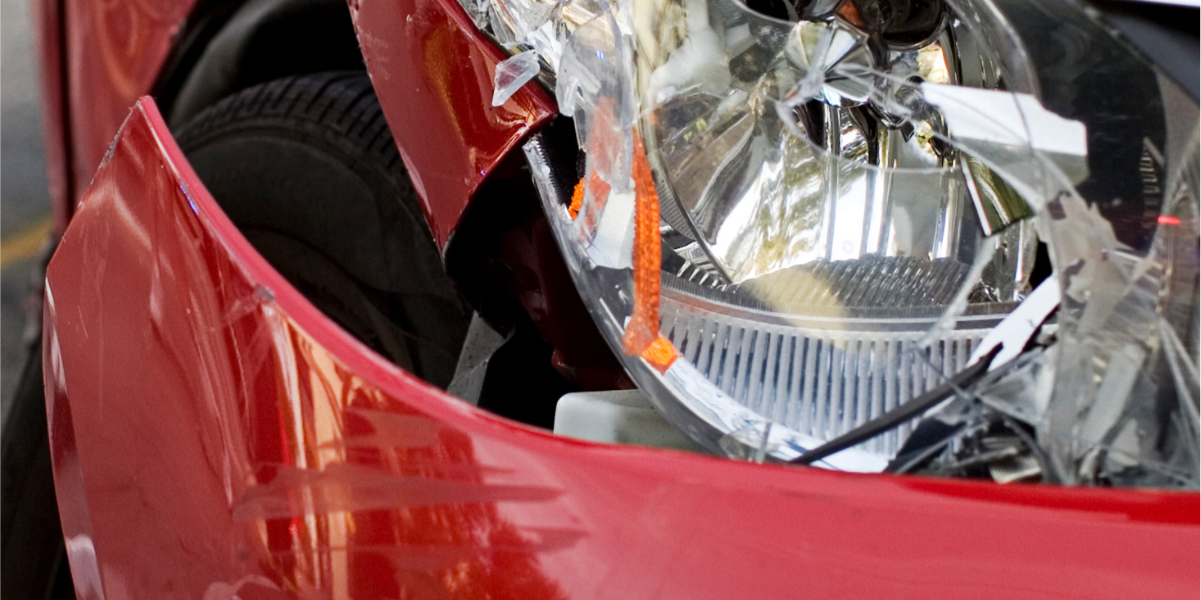A cement truck is an extremely heavy commercial vehicle with a large drum positioned at an upright angle on the rear bed of the vehicle. The sheer size and weight of these vehicles creates a significant risk of serious accidents as they travel Georgia roadways. These heavy industrial vehicles pose an even greater risk because of the increased weight when loaded with concrete mix. Like tractor-trailer accidents the sheer bulk and weight of cement trucks means that when they are involved in a motor vehicle accident they often result in a higher probability of causing catastrophic injuries or collision-related fatalities.
If you have been seriously injured in a cement truck accident or someone you love has suffered wrongful death in a cement mixer accident, the experienced Atlanta, Georgia cement truck accident lawyers at Montlick and Associates, Attorneys at Law, will work in your best interests to help recover the compensation that you need to get back to your pre-accident life.
Cement trucks are far more dangerous than passenger vehicles. Their high-profile build makes them less stable while the weight of the wet cement inside them leaves them top-heavy compared to other vehicles. This danger is amplified by the rotation of the mixer to prevent the cement from setting.
Because of the inherent unstable characteristics of a cement truck, it is important that cement trucks travel on slower, flatter roads that have fewer potential hazards. Unfortunately, some cement truck drivers are in a hurry to prevent the load of cement from setting and will take faster, less safe routes that pose an unreasonable danger to other drivers on the road. When such factors as an unstable vehicle, an impatient driver and a 30-ton industrial vehicle are combined, it often creates a deadly combination. Because both the speed and relative weight of the vehicles frequently determines the force of impact between vehicles, a collision between a cement truck and a passenger vehicle often leads to fatal collisions.
Due to these dangers, there are a number of safeguards that are important to reduce the risk to other drivers posed by cement trucks. Cement truck drivers must be properly trained. Safe routes should be planned out ahead of time to minimize hills, curves, and other encounters that might destabilize the cement mixer. Cement trucks should also be driven slower because of the increased risk. If the driver does not observe these safety practices or otherwise fails to engage in safe driving practices that apply to all drivers, the cement truck driver may be liable for injuries caused in a serious cement truck accident. The company that employs the cement truck driver may also be liable under the doctrine of respondeat superior (literally “let the employer answer”). The company has a responsibility to properly train and supervise its drivers to avoid creating an unreasonable danger to other motorists. The employer may also be liable for directing or pressuring the driver to take a route that is not safe given the inherent dangers posed by a cement truck.


